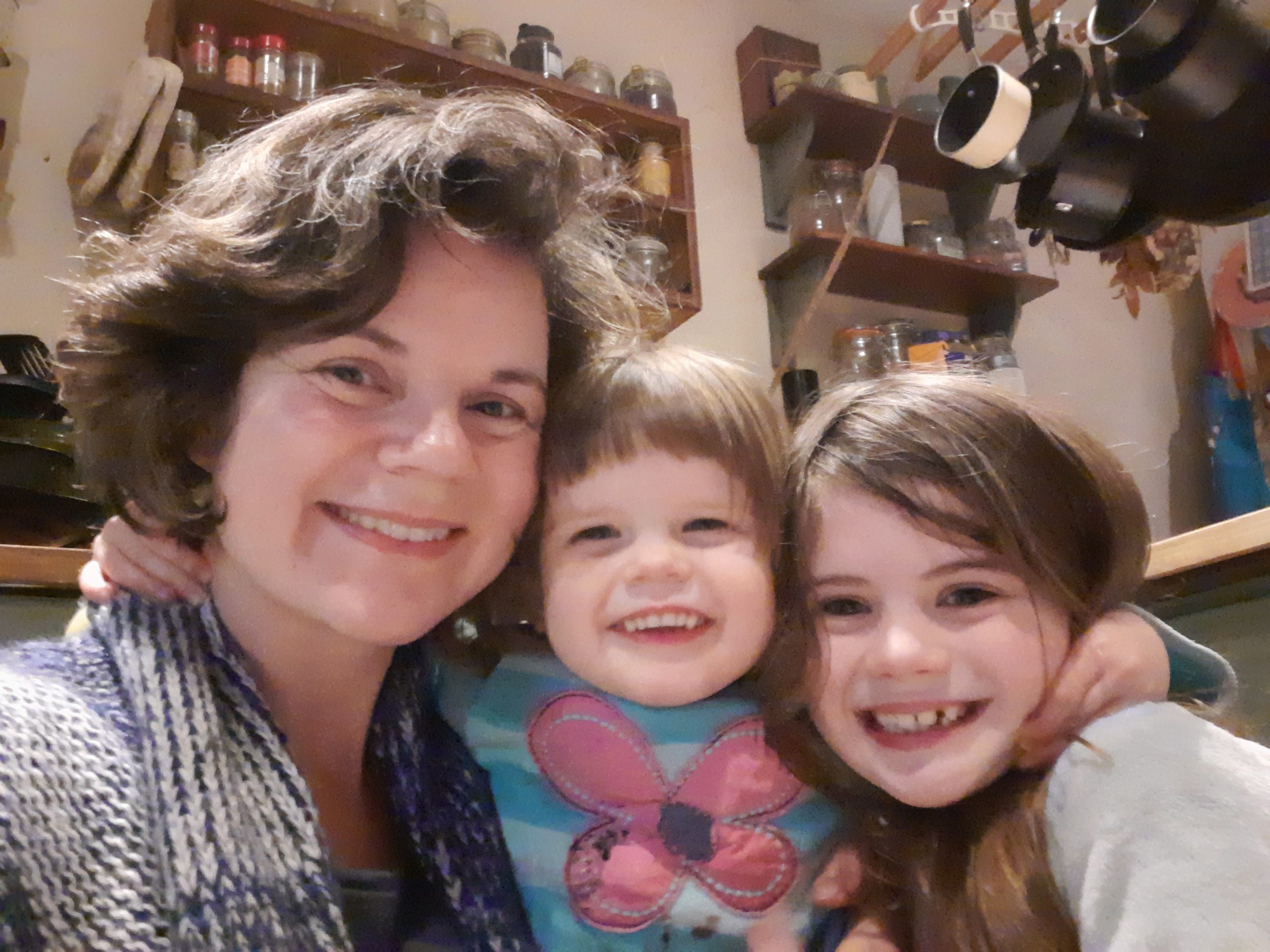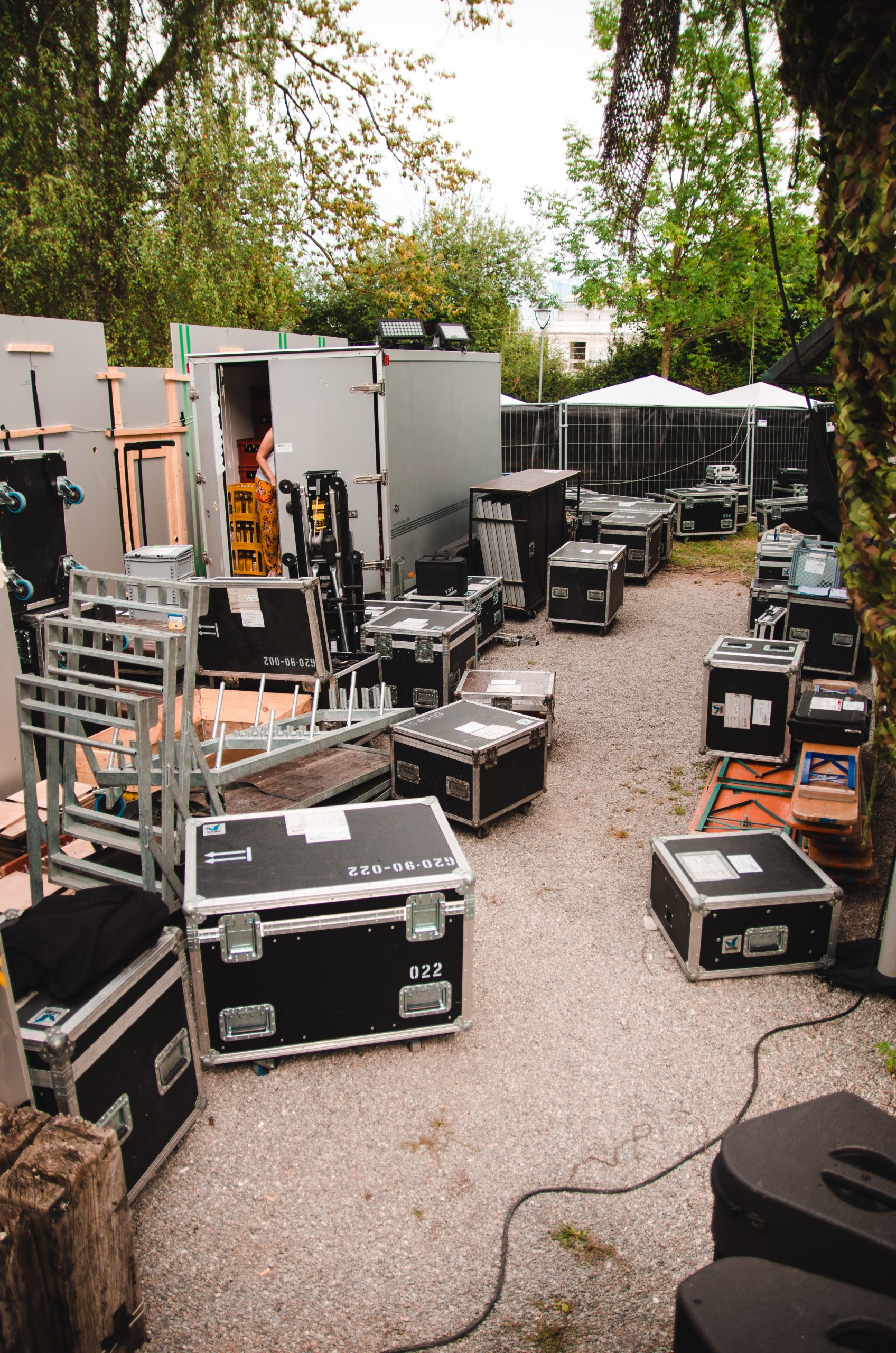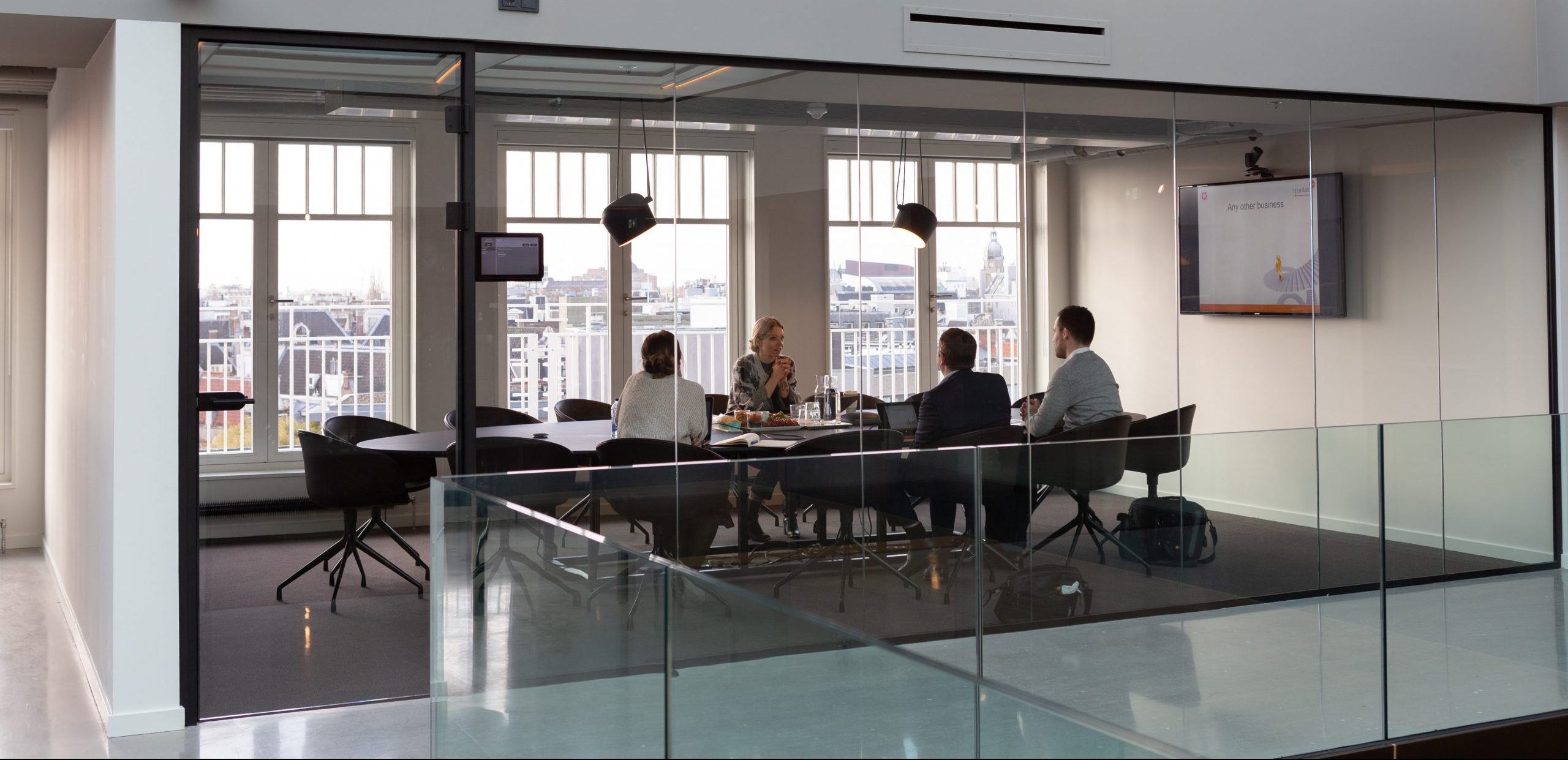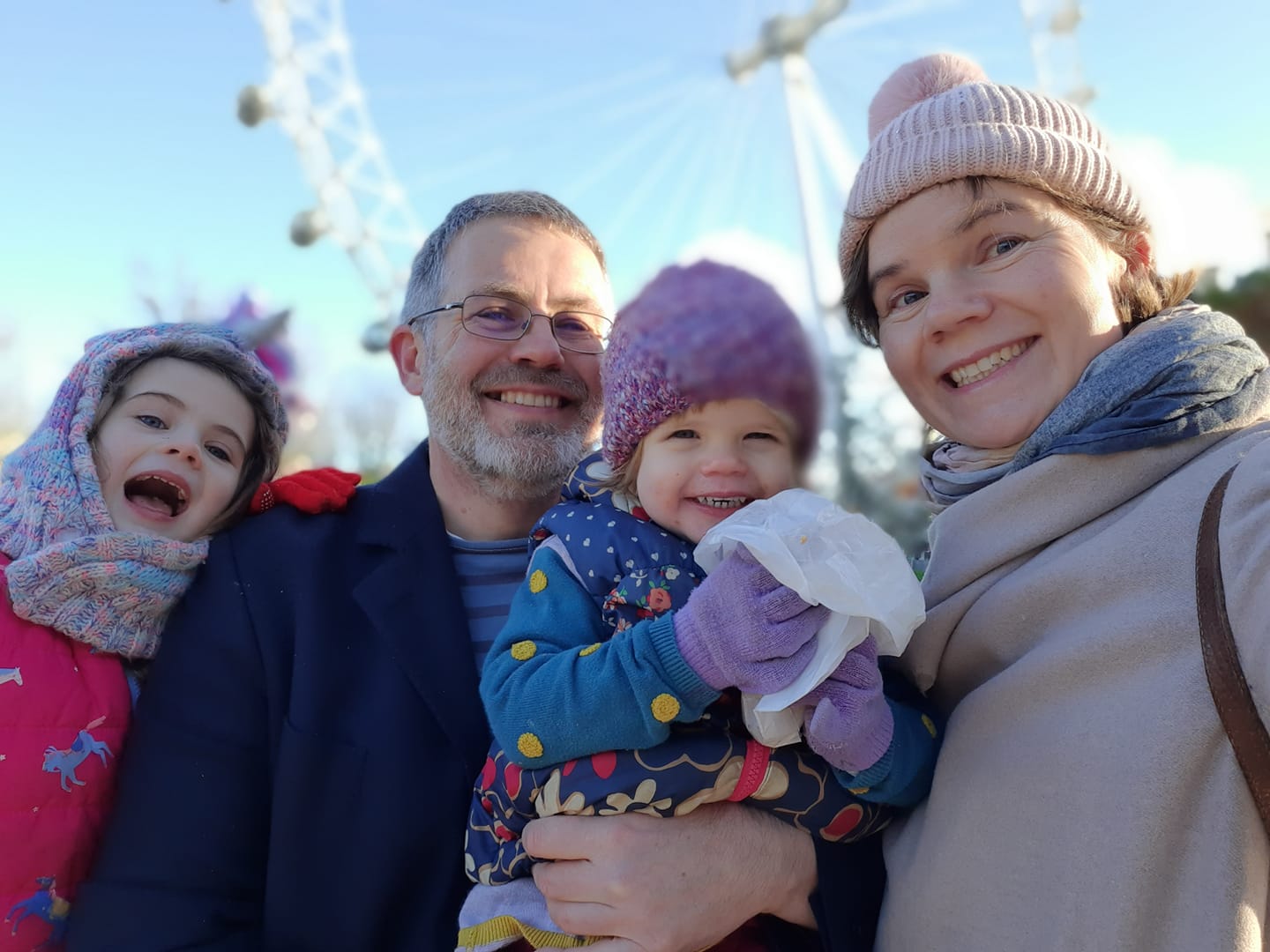Breaking the bias with Wendy Lancaster
7 Mar 2022
International Women’s Day is March 8 and this year’s theme is #BreakTheBias.
7 Mar 2022
International Women’s Day is March 8 and this year’s theme is #BreakTheBias.
It marks a day where the world recognises the magnificent contribution of women, takes a moment to nod to those leading the way and shines the spotlight on what further work needs to be done to ensure the world is an equal playing ground – regardless of gender.
“Whether deliberate or unconscious, bias makes it difficult for women to move ahead. Knowing that bias exists isn’t enough. Action is needed to level the playing field.” – International Women’s Day.
This starts with:
So, how could we play our part? How can we inspire the next generation? What story should we tell? What visibility can we extend in our sector?
The path forward seemed clear. With so much strength within our own community, we wanted to sit down and talk about it. And who better to talk to than with our own Director, Owner and Discipline Lead of Landscape Planning, Wendy Lancaster?
We were inspired to hear about the path she’s taken to date, her extensive experience and hopes for the future. Read on to:
I’m in the very fortunate position to be a Director, (soon-to-be) Owner, and Discipline Lead of Landscape Planning at TG, managing a fantastic team of about a dozen, spread across four of our offices. I spend my days talking to my own team, the wider TG Tribe, other consultants and clients before going home to my amazingly supportive husband and two small girls.
It’s not a position I ever hoped I would be in until the last few years of my career when it became my goal to not only head up a team, but to nurture and develop them, to bring young people into this hugely under resourced and unknown, yet incredibly important, part of the industry.
I didn’t know what Landscape Planning was until I’d actually been a Landscape Planner for some years. I have to be honest, when I went to college, I wanted to be a vet.
I’m not regretting the change of direction. The hours seem kinder and the clients don’t bite as much… although running into livestock is a regular hazard of the job!
Landscape Planning wasn’t spoken about explicitly at university or by our professional body until much later… In fact, it wasn’t until I went freelance that I understood the value (financially and otherwise) of a good and experienced Landscape Planner. It is still a part of Landscape Architecture that is hugely unknown, but which would suit and benefit from huge numbers of geography and planning students looking for their next step in life.

I moved to England when I was three to live with my mother, sister and grandmother in the dilapidated family house. My mother used to ‘acquire’ NHS bandages to lag the pipes and stop them freezing during winter and there was definitely no heating. The house had a huge and sprawling garden, long untended and gone to scrub and woodland, and my mother and I would spend long days hacking at the undergrowth and making bonfires.
It was Mum that gave me the love of the outdoors (and a good bonfire) and some knowledge and appreciation of the trees that we share our land with. She also showed me that women were just as capable as men (although she never phrased it in those terms).
Hard physical work, DIY… I was never taught to be afraid of it. Aided by my father who, on holidays home to Dublin, let me tinker around on the boat, playing with engines and woodwork. Castrol grease, canvas and glass fibre are still favourite smells. It simply never occurred to me that being a woman meant I couldn’t do something.
For various reasons, after a further move, I left home at 16 or 17.
In my first job, initially as a pot wash, latterly as a chef in a kitchen, I experienced true and blatant sexism and racism in the workplace.

Working in events management while at university, being a roady and building steel stages for events was more of the same, although of a different type. I would get the usual disbelief at my presence on site but, once they had seen me shift a few of the 80kg steel decks around with my colleagues, would laugh and acknowledge that ‘the bird could pull her weight’, to which my boss would reply that I would work harder and faster than them all. And I did.

As women, we’re taught to never complain and never be seen to be weak, because that would prove what everyone knew, that you were just a woman in a man’s world.
It didn’t stop me – but, equally, it didn’t stop.
I gained my degree, my post grads and my chartership and entered the world of professionals where I thought I would be treated as an equal – as a fellow professional colleague- but I was wrong.
Construction was, and still is, a man’s world, albeit to a lesser degree these days. It’s not uncommon to attend a design team meeting with ten or more men in blue and grey suits around a table. Any other woman was often a secretary, a community liaison or possibly an ecologist.
It took me a while to realise the sexism was still there in the workplace, just below the surface, and far more insidious than when I was a builder or a chef…
Obvious sexism can be called out and would horrify all in attendance, but this [workplace sexism] was harder to call out and identify… to quantify… to explain to HR teams.

Expected to tolerate low level bullying. Watching women who worked part time being belittled in their absence, or simply not given the same opportunities.
But it was all done in a subtle way that was hard to call out.
No woman should have to rebuild their career after a year on maternity leave, or suffer for working a shorter week, whilst still hitting the same targets as her full-time colleagues.
I did experience more obvious sexism in my earlier professional career, with colleagues who were just known to be ‘handsy’. I’d like to think it wouldn’t be tolerated now but I met younger female colleagues in more recent years who had left jobs because they didn’t want to call out the harassment by older and more established colleagues. They didn’t feel they could speak out because they didn’t feel they were important enough.
It’s also commonplace to see women being excluded from social scenes, too – both outside and within activities deemed as ‘work’. Cultures can often be masculine and cut-throat, with very little moral support for women. Activities – such as networking events – are often geared at male hobbies and can quickly become a bit of a lads’ club where women may feel uncomfortable or unable to get involved. Relationship building is one of the many ‘traditional’ areas of business that needs to be tackled.
Representation of women in senior roles is essential, to demonstrate to women that they are welcome at the table and that they can aspire to management themselves, and to create an environment where women can thrive.
Colleagues in teams managed by women seemed less stressed about impending maternity leave, knowing their client portfolio would come back to them on their return, that their jobs would not be ‘downgraded’ in their absence. Women need to see other women who both have and do not have children taking on these roles, women who will understand when they get to that same point in their careers, who they trust will support them in the decisions they make and who make sure they are heard at the table.
One of my colleagues at TG is shortly to go on maternity leave. She’s taking a year off, as a Director. One of the male associates has taken a month of paternity leave. This makes me so incredibly proud and sends such a strong message to the young women and men in our teams. No woman (or man) should feel pressurised to return earlier than they wanted because they weren’t confident their company would support them, and seeing a Director of the company taking the time off shows to them it can be done.
The same is true of women and men who work shorter weeks and I applaud those men who reduce their hours to look after their kids. You’re helping us all.

No industry can afford to shut out women, and it is especially true in ours, where we are already under resourced with a massive undersupply of candidates.
Supporting women and men to have flexible careers, to demonstrate that looking after our kids isn’t a barrier to success and to encourage women into senior roles regardless of whether they have children or not. To do that, we need to set the example at the top.
Before inviting you to find out more about International Women’s Day, we’d like to extend a huge thank you to Wendy Lancaster, Discipline Lead of Landscape Planning at TG, for taking the time to share her experience.
In order to forge a gender-neutral world, it’s essential to talk about women’s achievements to celebrate and inspire, to increase visibility of the issues still present within society and to help promote a more positive future. Doing so inspires further women to achieve their full potential.
If you’d like to learn more about what you can do – as an individual, team or business – head to the official International Women’s Day website which is full of interesting reads, thought-provoking stories and plenty of ways you can get involved.